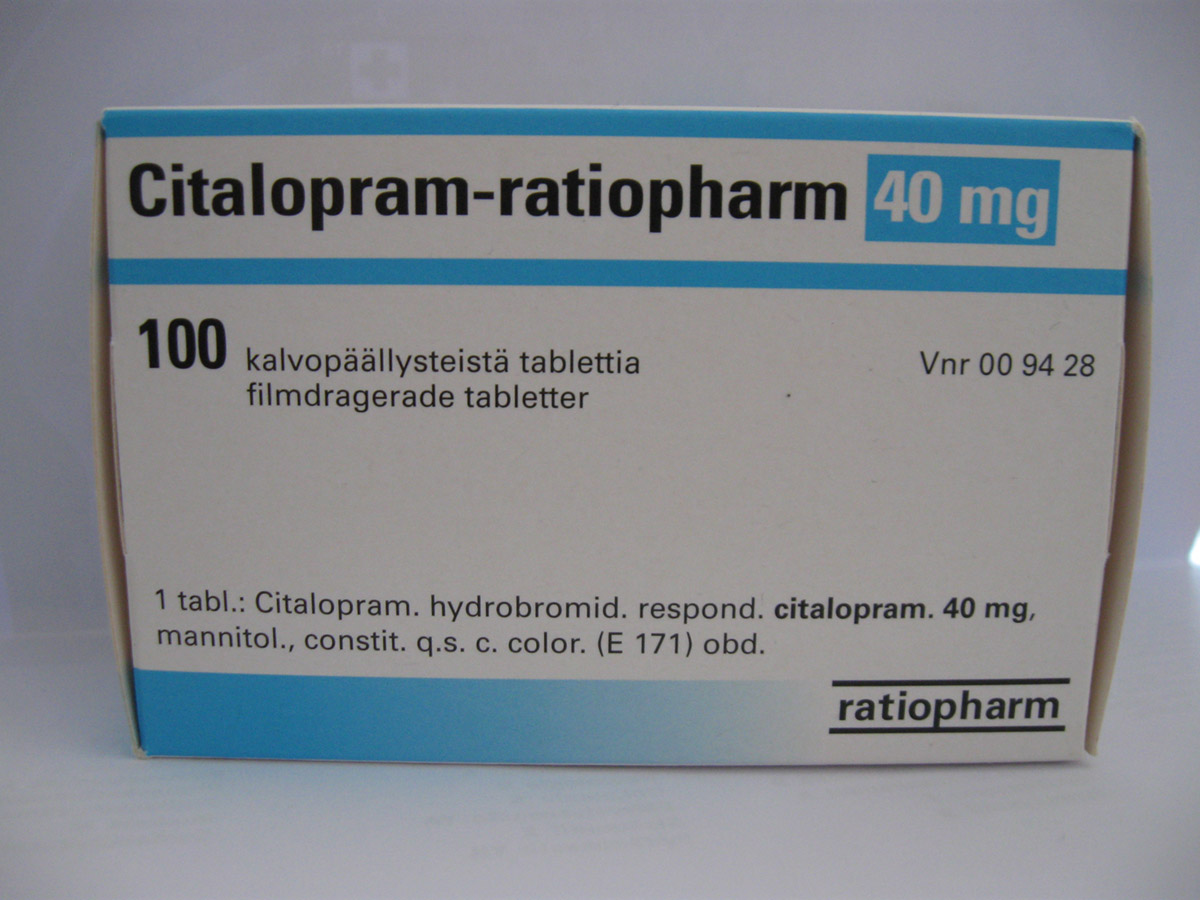
Citalopram
Citalopram is a medication which is given to the patients who suffer from depression. Citalopram affects serotonin, a brain chemical which is responsible for mood. Make sure you inform your doctor about any other medications before you start taking Citalopram. Also inform your doctor if you have any allergies or health problems, especially epilepsy, kidney or liver disease. Pregnant women and mothers who are breastfeeding should know that Citalopram can cause danger to the baby. This medication is not recommended for persons under the age of 18.Side Effects
Side effects of Citalopram, which are not considered dangerous if they are mild are changes in weight, excessive urination, tiredness, sleeping disorders, dryness of the mouth, pain in the stomach, nausea and reduced sexual ability. You may also experience side effects which are similar to cold, such as sore throat, nasal congestion and sneezing. If these side effects turn out to be persistent and severe, contact your doctor, so the dose of Citalopram could be adjusted. Serious side effects include fever, tremors, excessive perspiration, irregular pulse, breathing difficulties, muscle stiffness, headache, faintness, confusion, focusing problems, hallucinations, seizures, and weakness. Severe nausea, persistent vomiting and diarrhea, or skin disorders are also considered serious. You may also notice that the symptoms of depression have become worse. Also pay attention to other changes in mood and behavior. Such changes may include loss of memory, panic attacks, bizarre or hostile behavior, suicidal tendencies, restlessness, anxiety and hyperactivity.Citalopram and Alcohol
It is recommended to avoid drinking alcohol while you are taking Citalopram. However, if you have decided to have some alcohol, you should know how it can affect your treatment. Excessive consumption of alcohol can worsen the symptoms of depression, affect your alertness and motor skills, and increase the risk of side effects. You should discuss the amounts of alcohol you can safely consume with your doctor. If you tolerate alcohol quite well, you may have two drinks per day. You should not consume alcohol while taking Citalopram. You should also be careful if you drive or operate hazardous equipment.Overdose and Allergic Reaction
An overdose with Citalopram can cause coma and seizures. Other signs of overdose may be fast pulse, excessive perspiration, tremors, dizziness, nausea and vomiting. An allergic reaction to Citalopram may include symptoms such as breathing difficulties, swelling of the lips, tongue or face, rash, itchiness and irritation of the skin. Contact your doctor as soon as you notice any of these signs and symptoms.
















Your thoughts on this
Loading...